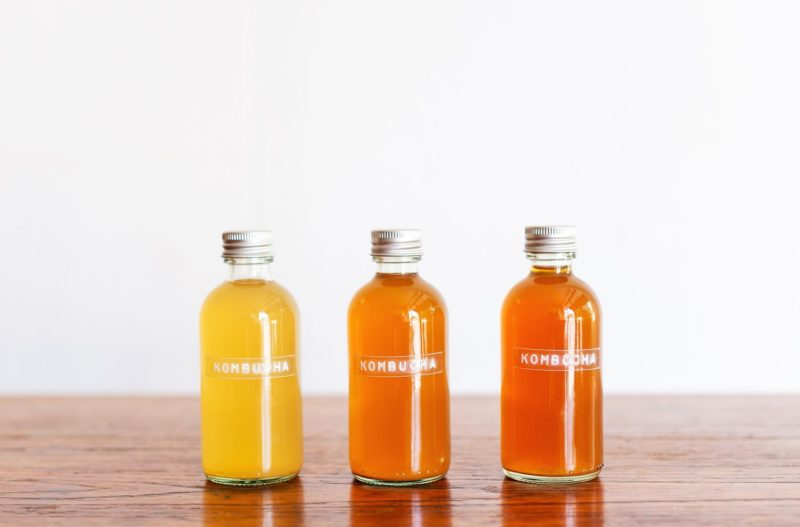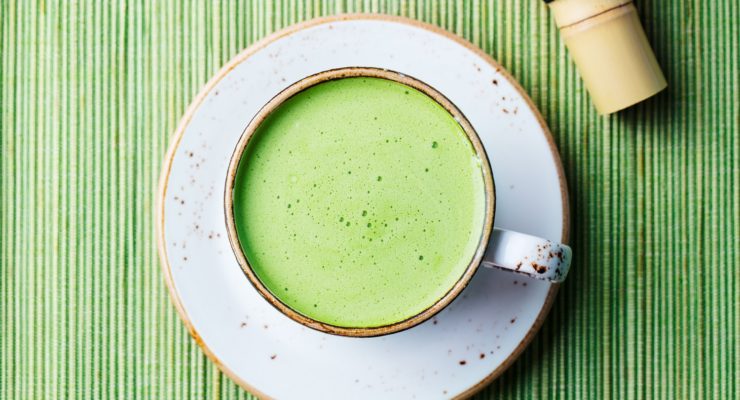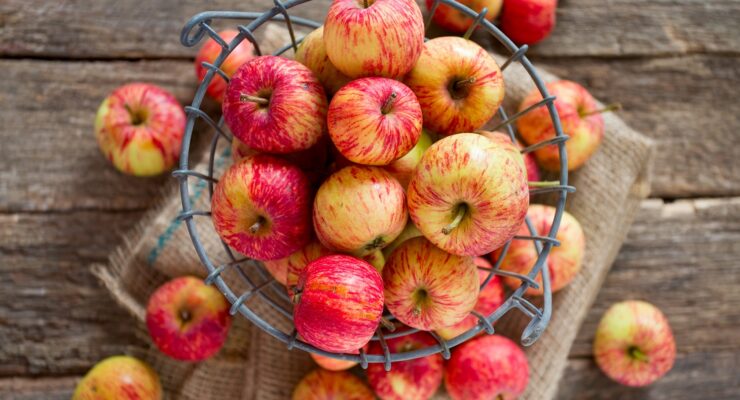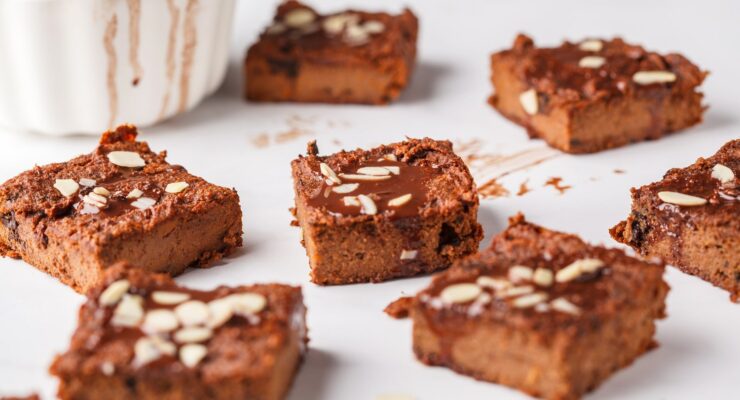What is Kombucha and its Health Benefits? 6 Things to Know About This Trendy Fermented Beverage
Article posted in: Diet & Nutrition
Magazine articles and social media posts have been sharing stories about a popular drink with a strange name that is touted to improve your health and even help you lose weight. Kombucha is one of the hottest food trends of recent years and it’s now showing up on grocery store shelves and selling by the gallon. To help you decide if it’s right for you, we put together this quick guide to everything you need to know about it.
1. How do you say it?

According to the Smithsonian Center for Folklife & Cultural Heritage, the exact origins of the drink are not clear. Experts also have different explanations on the source of the name. In the U.S., it is most commonly pronounced as “come-BOO-cha.” It is sometimes referred to as “mushroom tea,” though it doesn’t contain mushrooms.
2. What is kombucha?

The quick answer is fermented tea. According to Medical News Today, “Kombucha is a sweet, fizzy drink made from bacteria, yeast, sugar, and tea. It is usually a yellow-orange color and has a slightly sour taste.” It is made by combining tea with “SCOBY” (a symbiotic culture of bacteria and yeast). The beverage ferments as the yeast breaks down the sugar within the tea. This creates a carbonated beverage with probiotic bacteria.
The average kombucha bought at the store contains a small amount of alcohol, says Healthline. However, the alcohol content is so low (less than 0.5 percent) that you aren’t likely to notice it—which is why the drink isn’t regulated the way beer, wine and liquor are. The beverage also contains probiotics, which are the source of kombucha’s reputation as a healthy beverage.
While it’s possible to make kombucha at home, it generally isn’t recommended. Serious health issues can occur if the beverage is contaminated or over-fermented. “Improperly prepared kombucha may have adverse health effects. A safer option is to buy bottled kombucha at the store,” says Healthline.
3. What does it taste like?

The flavor of basic kombucha is tart, a little tangy and a bit sweet with a hint of earthiness. You may also taste a little vinegar. It has bubbles so the taste “pops” in your mouth like when you drink soda or seltzer. Many brewers today bump up the taste with other flavorings, including fruits such as lemon or berries, and herbs like ginger and hibiscus. Some manufacturers are also adding more sugar after the fermentation to sweeten the taste.
4. Why has it become so popular?

Kombucha has caught on with health-minded people in the last five years or so because of its robust population of microbes, making it a “probiotic” food. Research has revealed that our immune and digestive systems depend on microorganisms in our gut to function properly. Probiotic foods, which include other fermented foods such as yogurt and sauerkraut, help replenish those healthy microbes and keep them active. The enthusiasm for kombucha has attracted the attention of major beverage brands that now are marketing their own versions in grocery stores.
5. What are the health benefits of kombucha?

Advocates for kombucha, including many of the brands selling it, claim that drinking it can prevent and manage certain health issues like blood pressure and cancer. “These claims are not backed by science,” says experts at Mayo Clinic. “Limited evidence suggests kombucha tea may offer benefits similar to probiotic supplements, including promoting a healthy immune system and preventing constipation. At present, however, valid medical studies of kombucha tea’s role in human health are very limited — and there are risks to consider.”
Be aware that no credible research has directly linked kombucha consumption with any health outcome in people. However, there is some indirect evidence that drinking kombucha can have health benefits for you. To start, black and green tea (primary ingredients in kombucha) both contain polyphenols, compounds that have a protective effect on your health, according to a research report, published in the journal Frontiers of Nutrition.
Fermenting tea also dramatically increases the amount and variety of microorganisms it contains. Two studies, published in the journal Nature, found that people with a diverse population of microbes in their bodies are less likely to become obese.
Researchers at the Stanford School of Medicine also discovered that a diet high in fermented foods, including kombucha tea, yogurt, kefir and kimchi, “led to an increase in overall microbial diversity, with stronger effects from larger servings.” The 10-week clinical trial on 36 healthy adults supports that notion that fermented foods can help to increase the immune system while simultaneously decreasing inflammation.
6. What are potential risks of drinking it?

According to Cleveland Clinic, kombucha should be enjoyed in moderation. They cite the Centers for Disease Control (CDC), stating that four ounces of kombucha can safely be consumed one to three times a day. They also note that most bottles you can buy at the store exceed this 12-ounce limit and provide around 16 ounces.
Drinking too much kombucha may cause side effects, says Healthline. Because it’s carbonated and often contains added sugar, it can lead to bloating, digestive issues and consuming too many calories. Those with sensitive stomachs should try it cautiously to be sure it doesn’t cause indigestion. If you have any health issues or a chronic digestive condition, such as irritable bowel syndrome, you should check with your healthcare provider before drinking it.
Kombucha can also be dangerous for certain people, so always speak to your doctor before you start drinking it. Healthline explains that it is an unpasteurized drink and contains small amounts of caffeine and alcohol, so you should avoid drinking kombucha if you have a compromised/weak immune system or if you are pregnant or breastfeeding.
Check nutritional labels on bottled kombucha carefully and steer clear of those brands that have added sweeteners, which can lead you to consume extra calories with no nutritional value. You may also find kombucha at coffee shops, health food stores and farmers markets. Be sure that anyone you buy it from has experience making it and a clean process before you sample their product.









